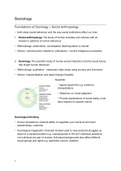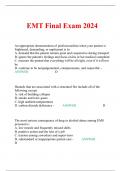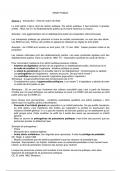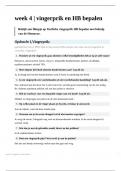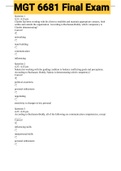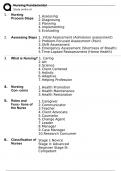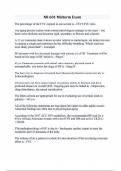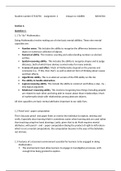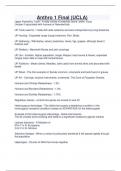Summary
Summary Sociology 114 notes
- Course
- Sociology 114
- Institution
- Stellenbosch University (SUN)
I used the slides and lectures to make a summarised version with all the necessary details. I used these notes for the whole of semester 1 (the duration of the module).
[Show more]
